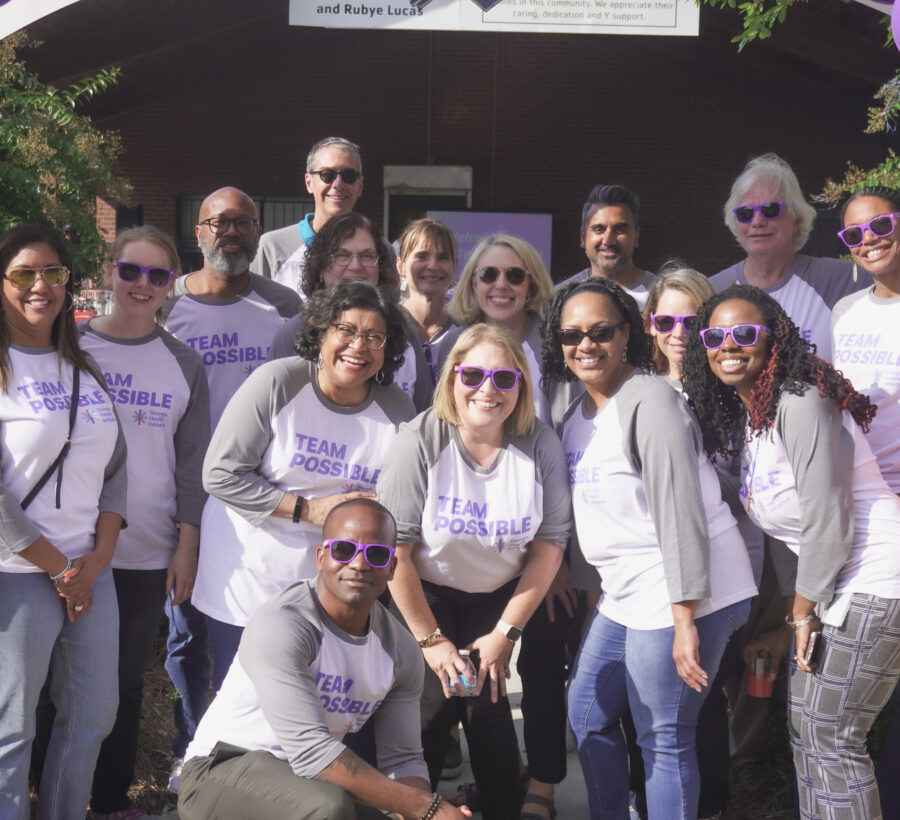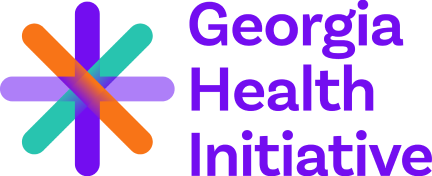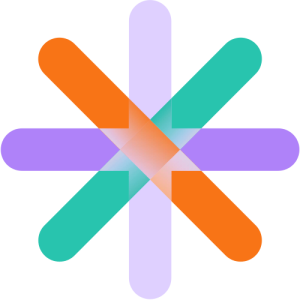Leading Internal Systems Change


By Samantha Beasley, Program Administration Manager
As we move through this season of transition, we’re beginning to consider how everything from our titles to our processes need to be changed to reflect our new vision; a Georgia in which all people have the ability to attain their fullest potential for health. We’ve created a new position titled Program Administration Manager with this in mind. As the first Program Administration Manager at the Foundation, I am excited for the opportunity to assist in changing the way we approach our grant making. In the past, Healthcare Georgia Foundation has taken a very traditional funder-driven approach to grant making.
However, moving forward we plan to utilize a variety of change tools including grant making, advocacy, convening, storytelling, and elevating voices of the community. To accomplish this, we had to first look at how our programs are developed and understand what information is needed to make key decisions. To move from a traditional grant maker into becoming agents of change, we began to analyze ourselves and take a critical eye to our own internal processes.
One way we’re working to stay ahead of the changes coming our way is through continued learning within the Philanthropic Community and staying connected to what our community partners need. I’ve had the opportunity to attend conferences, meetings and work groups. These learning opportunities have further shaped my stance on being a funder, convener, advocate, and facilitator of communities coming together to make change.
Moving forward, we will begin implementing some of the key takeaways from our continued learning. My first step in this process is to look at the ways we can reduce the grantee’s burden. Traditionally, we design internal processes around what we think we need to collect as a Foundation but don’t always consider how time-consuming the requirements can be for grantees. To help reduce the stress of applying for funding, we’ve shortened our application questions, removed several required attachments and offer an option for revisions if needed. We have also begun to lessen the stress and anxiety about annual reporting. Grantees now have more flexible due dates and fewer questions to respond to.
These small changes have had a tremendous effect and have resulted in organizations turning in their applications faster and more confidently than before. Making these changes did not affect the information that we collected, it reorganized the process so that the internal staff holds some responsibility for gathering information as well. We are here to help organizations and strengthen our system, not become another burden.
As philanthropy is changing, we’re changing too. We’re getting back to our roots of advocacy and always searching for ways we can help organizations reach their fullest potential in order to enhance the lives of Georgians. Setting our sights on a brighter future for Georgians will require our steadfast diligence and commitment to innovative thinking; and we’re up for the task. Making a positive impact in communities doesn’t always rely on big events or lofty speeches – we understand the great significance and change that can be made by doing the small things well. Even the minutiae of system process details – if designed intentionally and thoughtfully — can make our constituents’ lives just a little easier so they can focus on their own impactful work. Our Healthcare Georgia Foundation team looks excitedly to the future as we continue to empower organizations, join forces, and co-create solutions for a better tomorrow.
Samantha Beasley joined Healthcare Georgia Foundation in July 2019 and serves as the Program Administration Manager. A key bridge between operations and programmatic functions, Samantha oversees all grantmaking and contracting processes, ensuring that grantmaking policies and structures are aligned with Foundation values and supportive of the work of partners in the community. She is responsible for organization-wide calendars, timelines, and workflows, ensuring appropriate balance between efficiency and effectiveness.


